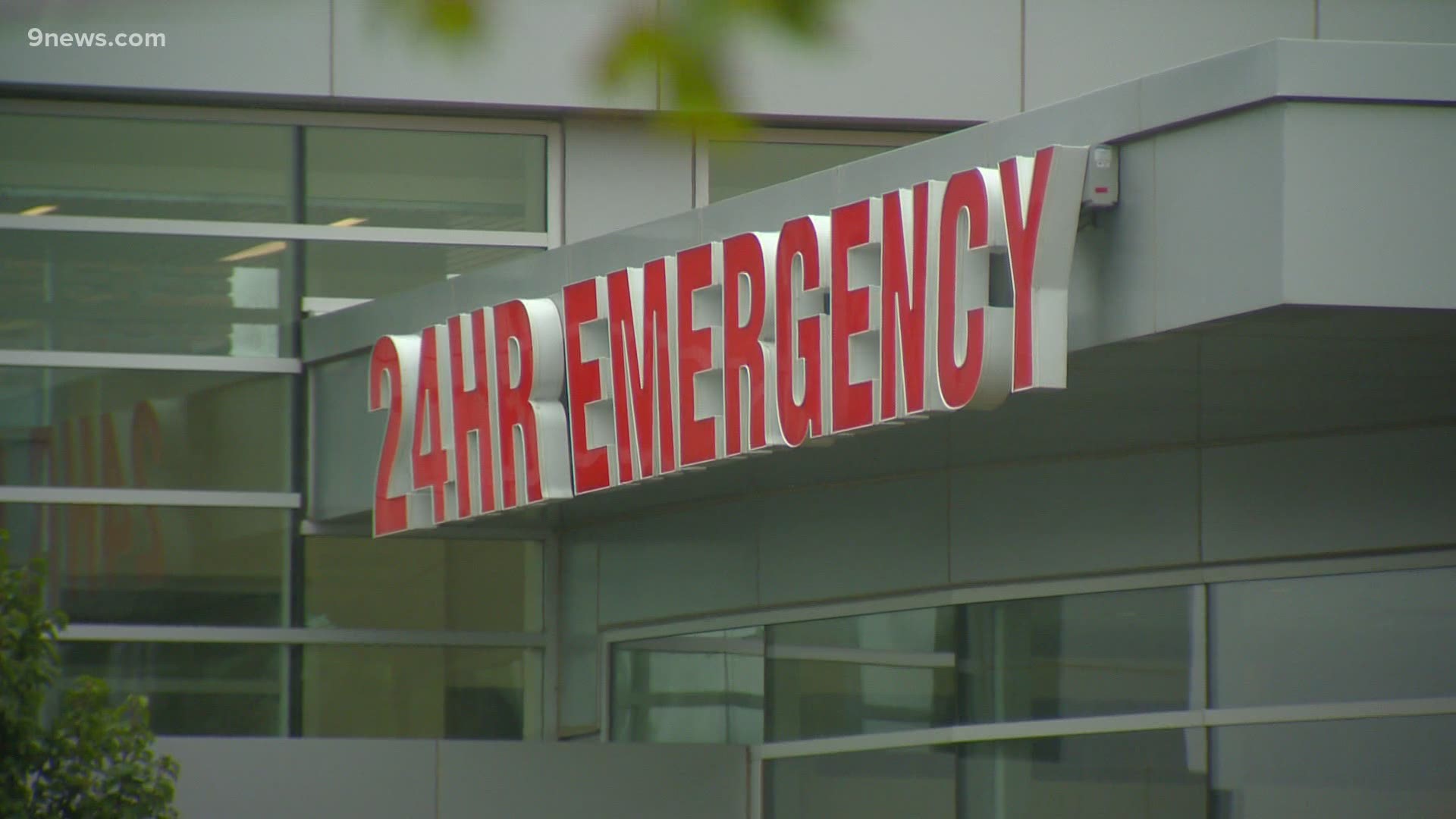DENVER, Colorado — The dramatic temperature drop Colorado experienced Tuesday could keep cardiologists on their toes.
"We’re expecting a busy week," said Dr. Prateeti Khazanie, a cardiologist with UCHealth University of Colorado Hospital. "The temperature went from about 101 degrees on Saturday over Labor Day weekend to 35 degrees today. So, we are looking out for our patients."
Dr. Khazanie referenced a 2018 study at the University of Michigan which was presented at the American College of Cardiology and "studied several hundred hospitals in Michigan over the course of six years. The main study was to show drastic temperature fluctuations and the increase in heart attack rates."
According to the study from Michigan, "the risk of heart attack increases by about 5% for every 9-degree change in outdoor temperature," Dr. Khazanie said.
There have also been some European studies on the subject.
"It’s a known phenomenon among cardiologists," Dr. Khazanie said, "We always talk about it in the hospital. When there’s a drastic change in temperature, particularly when it goes from hot to cold, that the cath lab could get busier and people would be more likely to come in with heart attacks."
While there has been "a lot of evidence" showing the association between temperature swings and heart attacks, "it doesn't necessarily cause heart attacks."
In other words, the studies suggest a correlation, not causation.
"We don't really know if it directly causes heart attacks," Dr. Khazanie told 9NEWS.
The study out of the University of Michigan found an association with significant risk in heart attacks, especially among temperature drops greater than 45 degrees.
Between Monday and Tuesday afternoon, the temperature in Denver dropped by 55 degrees.
"We’re expecting to get a lot more nursing phone calls and a lot more ER visits. So, we’re prepared," Dr. Khazanie said.
One ongoing theory is "that when it's cold outside, your heart beats faster and with the increased heartbeat, your blood vessels in your arteries and in your body tighten up. That causes your blood pressure to go up. If you have underlying atherosclerotic plaque, it probably increases your risk of having a heart attack."
There are things you can do to protect your heart when the temperature drops.
Dr. Khazanie suggested staying indoors as much as possible and dressing warmly if you must venture out into the cold.
"The main things are to do the basic preventative measures for cardiac care which is don’t smoke and if you are smoking to stop, take your blood pressure medicine, take care of your cholesterol, and eat a heart-healthy diet," she said.
If you are experiencing symptoms, don't wait to get evaluated.
SUGGESTED VIDEOS: Local stories from 9NEWS

